I was asked to briefly describe the difference between phyiscal theatre (see the workshops we are hosting) and dance. That is a tough question; I'm not entirely sure what the difference is, so I've hit the google pretty hard. Here's what I've come up with.
- A series of movements that match the speed and rhythm of a piece of music
- A particular sequence of steps and movements constituting a particular form of dancing
- an artistic form of nonverbal communication
- Dance (from French danser, perhaps from Frankish) is an art form that generally refers to movement of the body, usually rhythmic and to music, used as a form of expression, social interaction or presented in a spiritual or performance setting.
is the craft of building theatre through physical actions, characterization and stage composition. Physical Theatre uses as its primary means of expression movement, dynamic immobility, gesture and a variety of acting techniques. ..
Physical theatre is used to describe any mode of performance that pursues storytelling or drama through primarily and secondarily physical and mental means. ...
First of all, there are a lot more definitions surrounding dance than there are physical theatre. These don't help to differetiate dance from physical theatre, but it is beginning to look like dance could be a part of physical theatre. Physical theatre is dance and text and gesture and a whole slew of other potential things. Physical Theatre is a blanket defition for theatre that uses the body as much as the voice to tell a story.
I ran across an article from the New York Times that seems to argue in the opposite direction (physical theatre is just a type of dance). The whole of the article, written by John Rockwell, is focused on British physical theatre, but the first and last paragraphs seem relevant:
ALL dance, even the most abstract, includes theatrical elements, and all theater involves physicality. What, then, does the term "physical theater" mean? Is there any difference between physical theater and plain, old-fashioned dance?
And in the final paragraph he answers his questions:
The barriers between the different performing arts are fluid: dance flows into theater, which flows into music and song and stage pictures. The emphasis among the various elements of performance shift, from piece to piece, from creator to creator, from decade to decade. In the end, all dance is physical theater, even the most sternly abstract, and no country has a monopoly on it. It's just that the British seem particularly good at it these days.
The whole article is worth a read in order to fully understand Rockwell's argument, but I can understand that physical theatre is dance with a shifted emphasis, or, conversely, dance is physical theatre with a different emphasis.
This probably doesn't make the answer any more clearer. Oh well, I did my best. Feel free to weigh in with a comment. Here are some other opinions:
Anna Efthymiou - Porto Physical Theatre
I have learnt that physical theatre can act on impulse, you can move when you feel the moment is right, this is another clear difference between the physical theatre and the timing needed in dance theatre.
Lloyd Newson - DV8 Physical Theatre
However when we made Strange Fish (1992), the risk was not so much about physical danger, but whether dance can deal with complex emotional narrative, and whether tragi-comic theatre can in fact be created through dance alone. You can take risks without always being physical.
Sam Bergman-Good
